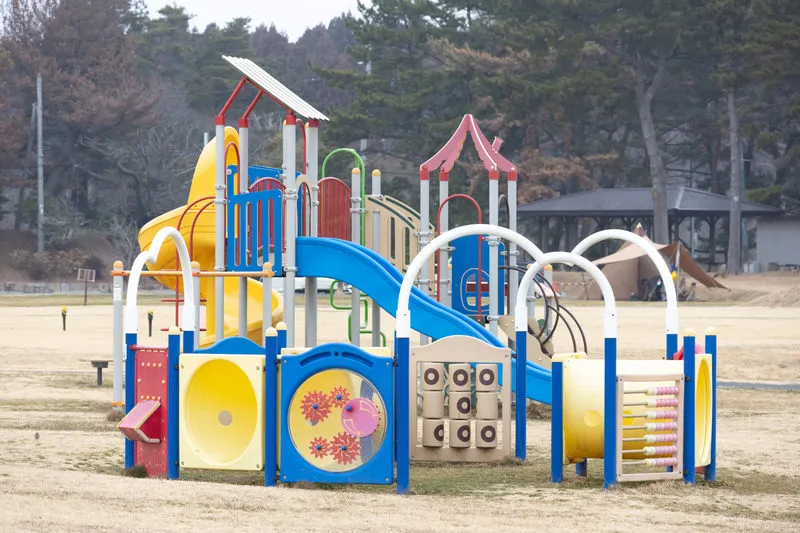December 1, 2023
Racism in Japan
Understand Racism in Japan: Shedding Light on the Experiences of Racial Minorities in Japanese Society
Learn about racism in Japan and the experiences of racial minorities within Japanese society. Despite Japans rich culture and technological advancements, racism is a social issue that cannot be ignored. Discover how Japans homogeneous society and perception of racial purity can lead to prejudice and discrimination towards non-Japanese individuals.
Japan is known for its rich culture, technological advancements, and beautiful landscapes. However, like any country, it is not exempt from social issues. One such issue is racism, which has been a topic of discussion in recent years. While Japan may not face the same magnitude of racism as some other countries, it is important to shed light on the experiences of racial minorities within Japanese society.
Perception of Race in Japan
Japan is a homogeneous society with a strong sense of national identity. The majority of the population is of Japanese ethnicity, leading to a perception of racial purity and a tendency to view anyone of non-Japanese descent as a foreigner. This perception can sometimes give rise to prejudice and discrimination towards racial minorities living in Japan.
Discrimination and Employment
Racial discrimination in employment is a prevalent issue in Japan. Many foreign residents, especially those from African, South Asian, or Middle Eastern countries, face challenges when seeking job opportunities.
Some encounter difficulties in finding employment due to stereotypes, language barriers, or cultural differences. Even highly skilled professionals may find themselves limited to certain job sectors or offered lower salaries compared to their Japanese counterparts.
Harassment and Microaggressions
Racial minorities in Japan often experience daily microaggressions and occasional acts of harassment. These can range from intrusive questioning about their background to being subjected to derogatory comments or even physical assault. Microaggressions may be unintentional due to cultural misunderstandings, but they can still cause discomfort and perpetuate harmful stereotypes.
Education and Representation
The education system in Japan can also contribute to racism by perpetuating an idealized image of Japanese culture and history, neglecting the contributions of other ethnicities and their experiences. This lack of representation and education about diversity can perpetuate stereotypes and ignorance among the younger generations.
Media Exposure
When you search racism articles in Japanese, there is almost no articles about Japanese descriminating others. There are only news in overseas translating or opinionating with "others'"incidents, or Japanese experienced racism outside of Japan.
This explains Japanese do not really have any perception about discriminating non-Japanese. Even if there are many racism cases in Japan, those won't become news. The awareness of racisim is as a nation, extremely low. People think it's the matter of overseas, not this country.
Actual Case
In 2021, a woman from South Asia wearing hijab with her daughter at a park in Tokyo. One Japanese came to her and suddenly says, "Gaijin, show me your VISA". In addition, "You cannot speak Japanese and you live here?". On top of that, he claimed that she lashed out violently, and tried to file a lawsuit against her, which she and her daugther claim there's no such thing at all.
The story doesn't end here. Since her daugher was the only one who can speak Japanese, the police officer questioned her. She is ONLY 3 years old. Multiple officers questioned 3 years old girl many times. Consequently, a psychiatrist diagnosed that she is suffered from trauma and sleeplessness since that wrongful questioning.
After that, the lawfirm filed a lawsuit over the police for the false execution fo dueis.
Breaking the Barriers
It is crucial for Japanese society to address and overcome racism. Increasing awareness, promoting diversity education, and implementing anti-discrimination laws are steps that can be taken to challenge xenophobia and create a more inclusive society. Organizations and individuals advocating for equality and intercultural understanding play a vital role in breaking down barriers and fostering a society free from racism.
Conclusion
Racism exists in Japan, although it may manifest differently compared to other countries. It is essential to acknowledge and address these issues to create a society that celebrates diversity and treats all individuals with equality and respect, regardless of their race or ethnicity.



